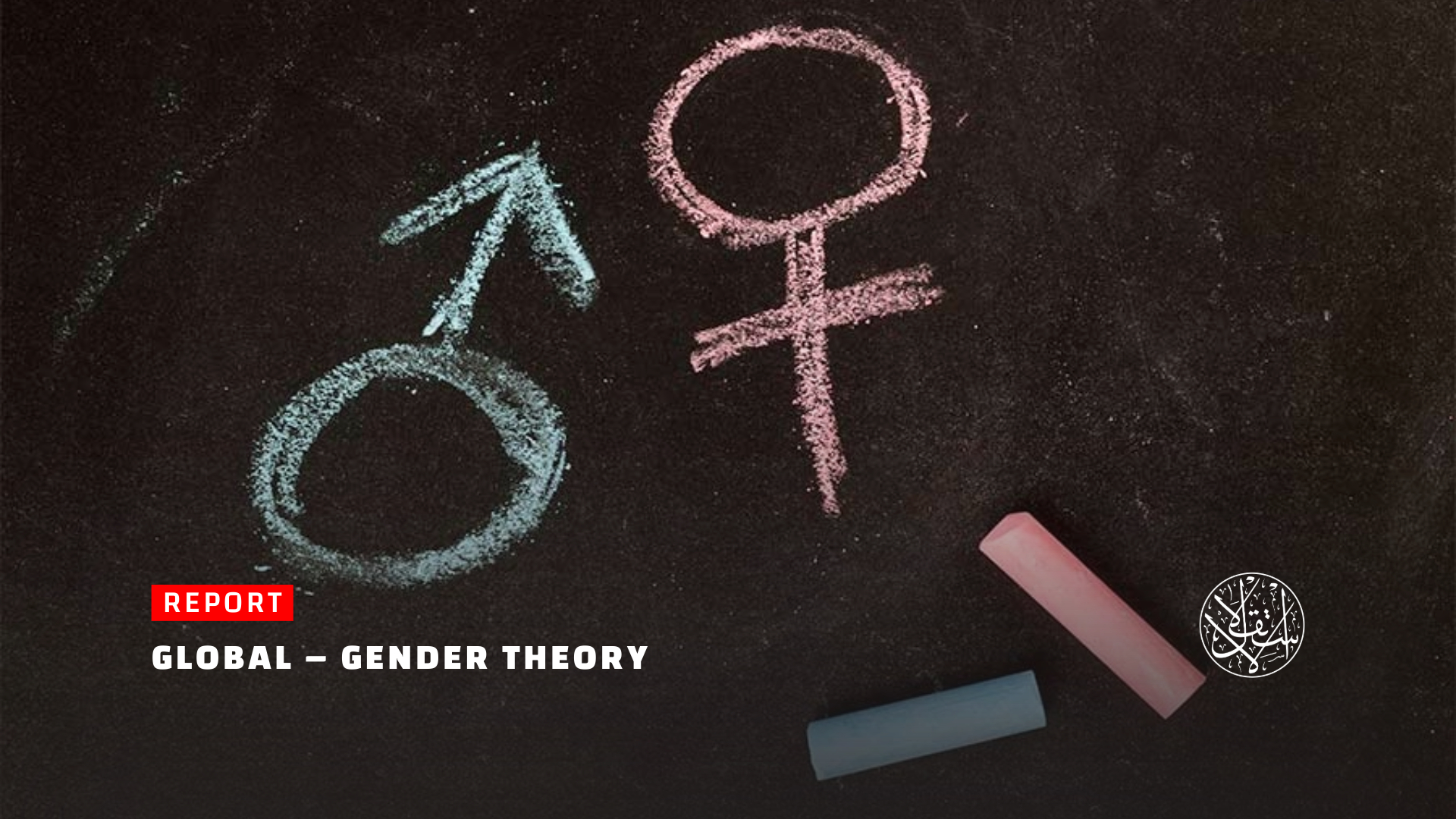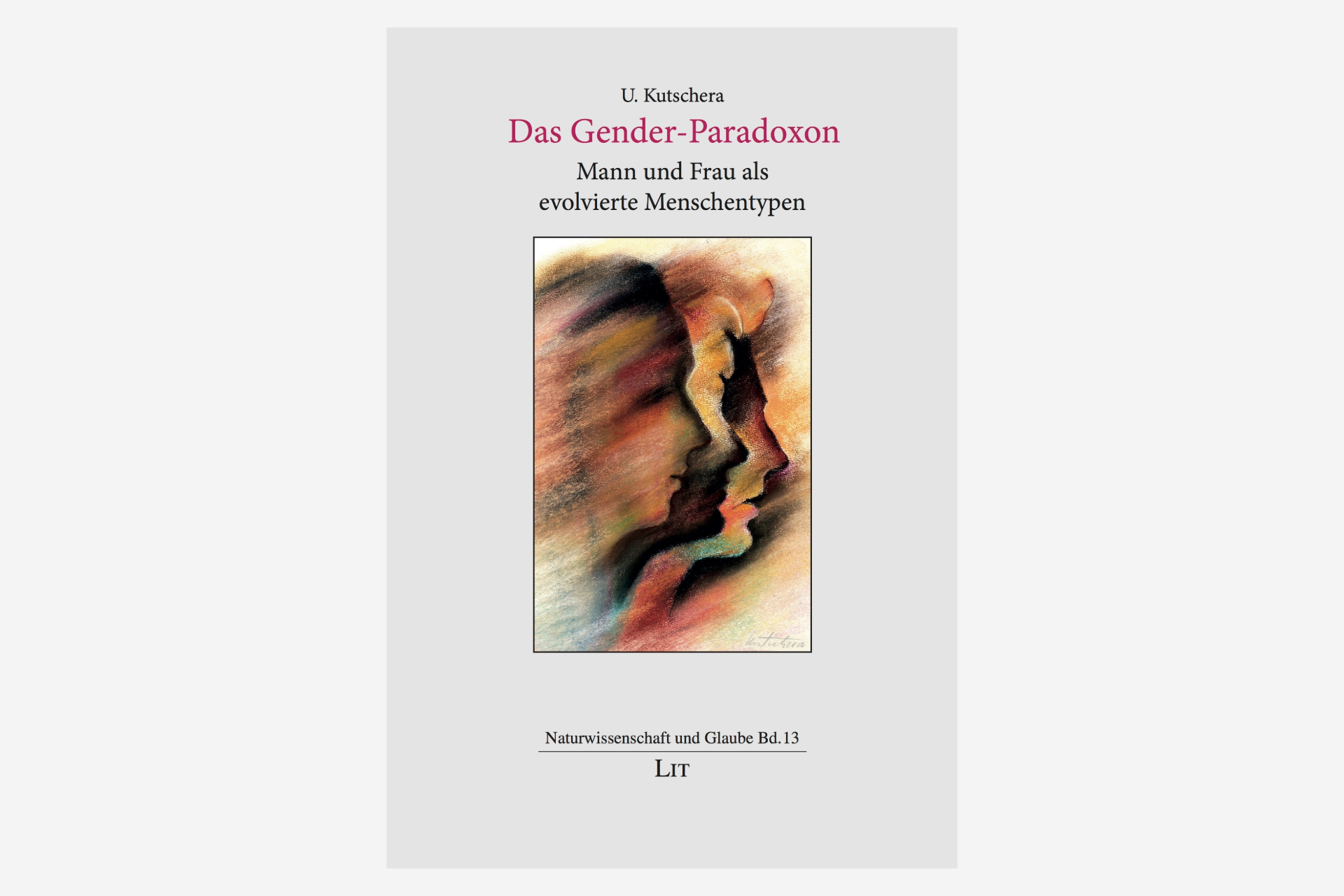Modern Inquisitions: How Are Professors Who Criticize Gender Theory Expelled?

Influenced by political forces, the legal system in Germany has been used to bring charges against those who challenge leftist gender views.
In a controversial case at St. Philip's College, a biology professor with two decades of tenure was dismissed following a dispute over classroom comments regarding human sexuality and genetics.
The professor, Johnson Varkey, who had stated that biological sex is determined by chromosomes, faced backlash after a group of students exited his lecture in protest.
Subsequent to the incident, the professor received a letter from the college's administration citing an ethics violation related to his conduct during a course in the previous term.
The professor's inquiries for clarification on the alleged violation went unanswered, leading to a formal termination notice that cited multiple complaints.
These complaints ranged from accusations of religious proselytization to discriminatory remarks and misogynistic language.
A legal group representing the professor has since challenged the dismissal, asserting that the professor's religious convictions and expressions are protected under the First Amendment and other legal statutes applicable to public institutions.
The legal group's correspondence with the college argues that the termination was unjust, emphasizing that the professor's religious role outside the classroom was unfairly linked to the teaching controversy.
They contend that the professor's classroom discussions on the biological aspects of sex were consistent throughout his tenure and had not previously drawn complaints.
The group is seeking legal remedies, including potential reinstatement, citing violations of Title VII protections against employment discrimination based on religion and free speech.

Gender Inquisitions
Ulrich Kutschera, a German evolutionary scientist with a long critique of the pseudoscience behind homosexuality ideology and the concept of gender, was prosecuted and marginalized and faced years of pressure for acquittal, but after his acquittal he faced an attempt by the prosecutor to overturn the acquittal and reopen the case to a different judge.
Kutschera's dilemma came after an interview with a Catholic magazine in which he discussed the issue of gay marriage, the issue of their adoption of children, as well as a critique of the heritage of the inventor of the concept of gender.
He then faced fanfare and attacks from supporters of homosexuality in media articles, the internet, and social networking sites.
He was then charged in Kassel state court with "falsifying medical facts for the purpose of demonizing people who are equal or even superior to natural mothers."
Kutschera said that his book Gender Paradox (Das Gender-Paradoxon) delves into the controversial theories of Mani, including a notorious 1965 "sex reassignment" experiment.
The tragic outcome for the subjects, twin brothers David and Brian Reimer, underscores the experiment's ethical and scientific failings.
Kutschera scrutinizes John Money's endorsement of "affectionate pedophilia," a term he coined for nonviolent erotic interactions between boys and adult men.
Such relationships, particularly when involving adoption by men with exclusive attraction to male bodies, can lead to a host of issues, including emotional abuse and the absence of maternal figures, Kutschera added.
Kutschera's remarks ignited a firestorm among German students affiliated with the LGBT community, leading to a concerted effort to discredit my scientific credibility.
This culminated in a legal battle in Kassel, where he faced allegations of fabricating data to undermine homosexual couples.
Despite the charges, he was ultimately exonerated, with the court affirming my right to free speech.
In response to ongoing claims of disseminating false information, Kutschera authored a comprehensive 588-page response, Criminal Case in the Biology of Sexuality: Darwinian Truths About Marriage and Children's Welfare in Court.
The book juxtaposes the legacies of Charles Darwin and John Money while also discussing the contributions of Russian biologist Konstantin Mereschkowski.
Kutschera delves into the biological underpinnings of sexual reproduction, the evolutionary enigma of homosexuality, and the dual interpretations of pedophilia.
The latter includes both Money's concept of benign "affectionate pedophilia" and the pathological form identified by Richard von Krafft-Ebing. Kutschera emphasized the distinction between these phenomena, despite potential overlaps.
The article concludes with a personal account of the "witch-hunt" Kutschera endured during the legal proceedings. Despite presenting evidence grounded in scientific literature, he encountered a prosecutorial stance steeped in the gender ideologies propagated by Money, which have gained traction in German political discourse.

'Destructive Theory'
John Money's theories on gender have sparked intense debate, challenging long-held views on the biological determinism of human behavior.
His assertion that gender is a social construct, rather than a fixed biological trait, has been seen by some as a radical departure from the evolutionary principles outlined by Charles Darwin in On the Origin of Species.
Critics argue that Money's perspective dismisses over a century of scientific thought, equating it to the dismissal of evolution in favor of creationism.
They contend that his views erase the evolutionary history of humanity, proposing instead that all humans are essentially the same, without distinct genetic differences.
Money's ideology extends to the realm of sexuality and family structure, suggesting that love and parenting are not confined to traditional heterosexual relationships.
He posits that children do not necessarily require a mother and a father figure and that non-traditional families, including those formed through adoption, IVF, or surrogacy, are equally capable of providing care.
The controversy surrounding Money's ideas is not limited to academic circles. It has spilled over into legal battles, where opponents have sought to discredit his theories as irrational.
They argue that his views on gender and sexuality, particularly regarding the suitability of homosexual couples as adoptive parents, are not only unfounded but also harmful.
The debate has had personal repercussions for those involved. For instance, a British philosophy professor faced severe backlash from trans activists, leading to her resignation.
Similarly, critics of Money's theories have reported feeling ostracized and unsupported by their academic institutions and government bodies.
In Germany, where Money's gender ideology has gained significant traction, the legal system, influenced by political forces, has been used to bring charges against those who challenge his views.
Despite this, some remain steadfast in their opposition, vowing to continue advocating for evolutionary science and human biology. They believe that truth will ultimately prevail, despite the current dominance of postmodern gender ideology in public discourse.










